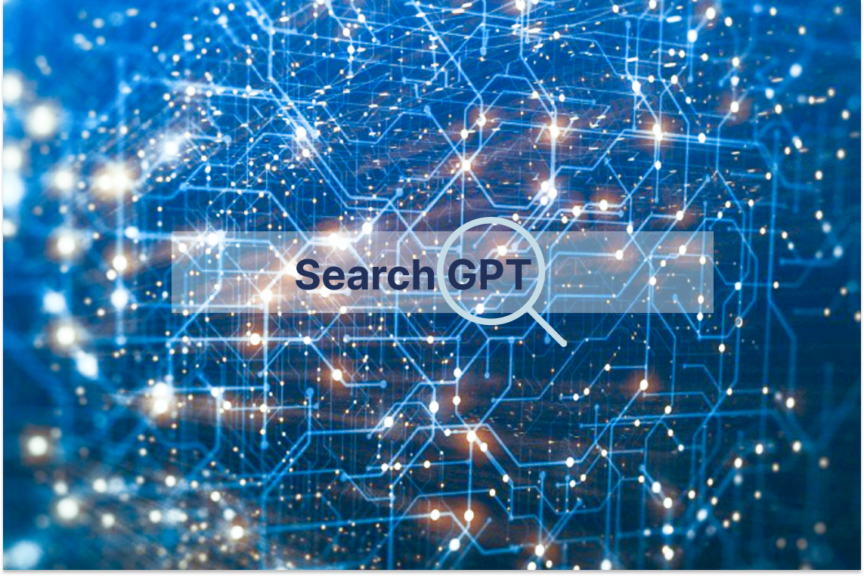OpenAI is shaking up the search engine landscape with the launch of SearchGPT, a new AI-powered search tool designed to compete with established giants like Google and Microsoft Bing.
What’s Different?
- Direct Answers: Unlike traditional search engines that return lists of links, SearchGPT aims to provide direct answers to your queries.
- Conversational Interface: SearchGPT facilitates a conversational search experience. Ask follow-up questions based on the initial response, and the system refines results based on context.
How it Works:
- SearchGPT utilizes a web crawler similar to Google and Bing, but then analyzes the information using a large language model (details of the model are yet to be revealed).
- Results are presented with clear citations and links to the original sources, including reputable publishers like The Atlantic and Associated Press.
- Users can explore further with additional questions, leading to a more interactive search experience.
The Race for AI-powered Search:
- OpenAI’s move reflects a larger trend: the integration of AI into search technology.
- Google and Microsoft have already implemented AI-powered features in their search engines.
- Startups like You.com and Perplexity also offer AI-driven search services, but have faced criticism for bypassing paywalls and publishing AI-generated summaries without proper attribution.
Why This Matters:
- SearchGPT signifies a potential disruption in the search landscape. AI-powered tools that can synthesize information from multiple sources are becoming increasingly sophisticated.
- OpenAI’s approach, with its focus on user experience, building trust with publishers, and utilizing licensed content, could be a significant step forward.
Source: https://www.deeplearning.ai/the-batch/openai-launches-searchgpt-to-rival-google-and-microsoft/



